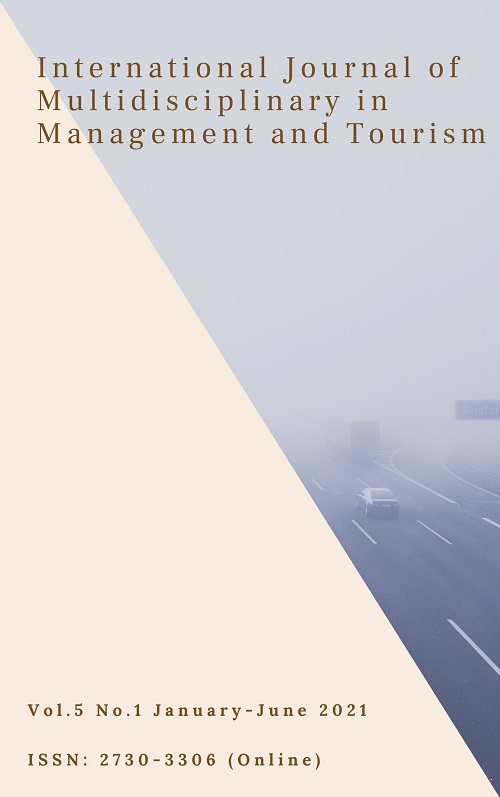The Best Practice Drawn From the Cannabis Taxation Lessons in California, USA
Main Article Content
Abstract
In 2018, the state of California and Massachusetts, and Maine USA announced the legalized use of marijuana for "entertainment". It is the seventh state in the United States to allow the recreational use of marijuana, while 29other states allow the use of marijuana for medical purposes. The latest research from Gallup reveals that in 2017, over 64% of the US adult population advocated the legalization of Cannabis. By seeing that there is more benefit than harm, over 57%of the voters in California support the legalization of recreational cannabis. The objective of this study is to identify the lessons drawn of the taxation on marijuana in the United States.
The results of the research are as follows: The legal cannabis industry will generate more than $ 40 billion in revenues and create more than 400,000 jobs in the United States by 2021. The government will tax $ 4 billion in three years. Worth not less than 15 billion US dollars (approximately 480,000 billion baht), however. Although local law recognizes the status of the sales and use of cannabis in state-run areas, national laws still classify Cannabis as a Schedule 1 Narcotic, which prohibits the planting, possession, and trading. Therefore, the California cannabis business faces two major problems in the cannabis industry: Some banks have not yet endorsed marijuana-related transactions, because they want to avoid money laundering charges. This has caused a large number of unverified money migration problems. Besides, local authorities under the State have different policies.
Article Details

This work is licensed under a Creative Commons Attribution-NonCommercial-NoDerivatives 4.0 International License.
References
Budman, K. B. (1977). A first report of the impact of California’s new marijuana law (SB95). State Office of Narcotics and Drug Abuse, Sacramento, California.
Gabriel Petek Legislative Analyst. (2019). How high? Adjusting California’s cannabis taxes. Legislative Analyst’s Office.
California State University-San Marcos (CSUSM). (2021). Economic impact of cannabis in San Diego County. Office of Business Research and Analysis.
Kaye, J. (November 7, 1996). Decriminalized Marijuana. PBS NewsHour. Archived from the original on October 24, 2013.
Steven, D. (2019). Price and product variation in Washington’s recreational cannabis market. International Journal of Drug Policy. 91(May), 102547.
Taupachit1, W. & Kessomboon, N. (2021). Cannabis policy: A comparative analysis of Thailand, United States, Canada, German and Israel, 13(1), 4-16.

